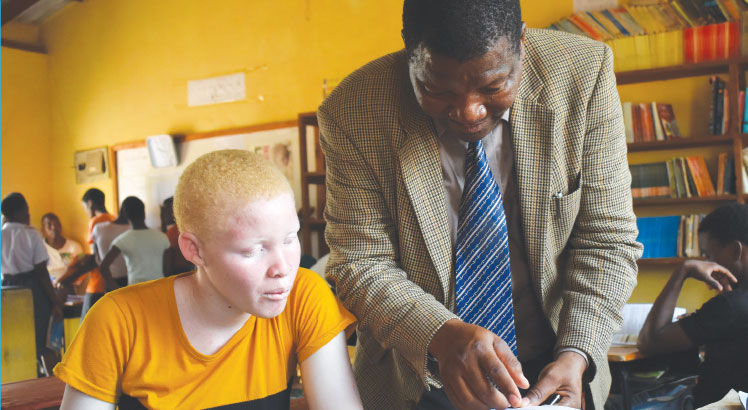The devaluation of the local currency relative to major currencies has significant and complex impacts on charities and civil society organisations (CSOs) in the Global South.
This month, the Reserve Bank of Malawi devalued the kwacha by 44 percent against the US dollar. If a CSO in Chiradzulu had K100 million in their local bank account, the value would have fallen to K66 million.
This current economic trend affects the operations and financial sustainability of CSOs in the country.
The effects vary according to the CSO’s economic conditions and work, but it presents both challenges and opportunities.
After a decade of working with both local and international CSOs, I have noted limited experience and expertise to proactively develop strategies to mitigate numbing economic stings such as devaluation.
When the local currency loses value, it increases CSOs’ operating costs as it becomes more expensive to purchase essential goods and services typically priced in the devalued currency.
Most non-governmental organisations rely on international funding quoted in foreign currencies.
As the purchasing power is eroded, CSOs find it more expensive to procure resources for their programmes, leading to potential cutbacks or limitations on their activities.
Additionally, the target communities experience rising prices of goods and services, impacting their overall well-being.
Donors based in stable economic regions may be less flexible or eager to provide more funding to close the gap created by devaluation.
The perceived risk and uncertainty of currency devaluation decreases international donations or commitments.
Therefore, it is imperative for local CSOs to diversify their funding sources or adapt their strategies to mitigate these risks.
Economic instability triggers currency fluctuations, inflation and other macroeconomic challenges, making it harder for local CSOs to plan and budget effectively.
Uncertainty over exchange rates and inflation impedes CSOs ability to carry out their development efforts efficiently.
Charities often hold assets in the form of physical infrastructure or financial reserves. Their value diminishes if they are valued in the weakened currency. This affects the organisations’ financial stability, sustainability and capacity to maintain or expand their operations.
Besides, devaluation disproportionately impacts the poor and vulnerable populations. CSOs that fight against these inequalities may find their work even more challenging as the demand for their services surges while resources become scarcer.
Yet, the economic downturn is far from over.
I am not a prophet of doom! But even a preschool child knows that K200 will be worthless soon.
CSOs must rethink their financial management policies and how they mobilise resources.
Among the strategies, the civil society in Malawi can explore opportunities to engage in local fundraising efforts targeting wealthy individuals, businesses and local foundations.
A weaker kwacha may make international donations less reliable and ramp up local philanthropy as well-wishers may seek to address the growing needs in their own communities.
CSOs must realise that donor countries are scaling down and becoming more inward-looking.
Commercialising the CSOs’ funding modalities will not make it easy for local organisations.
CSOs should aim to make communities more self-reliant and less dependent on donor aid.
Devaluation should stimulate domestic economic diversification.
The CSOs can invest in supporting local economic development initiatives and entrepreneurship, helping communities become less dependent on external aid.
To address the volatility of international donations, CSOs can develop more innovative funding models, including partnerships with impact investors, social enterprises or organisations willing to provide funding in stable foreign currencies. These approaches can provide a buffer against currency devaluation.
CSOs may have to improve their operational efficiency in response to increased costs. This can lead to greater accountability and ensure that every dollar spent significantly impacts on the communities they serve.
CSOs operating in Malawi, particularly local organisations, must navigate these complexities by adapting, diversifying funding sources, building local support and implementing efficient financial management practices.
The post Devaluation: Any hope for CSOs? appeared first on The Nation Online.
 Moni Malawi
Moni Malawi 

